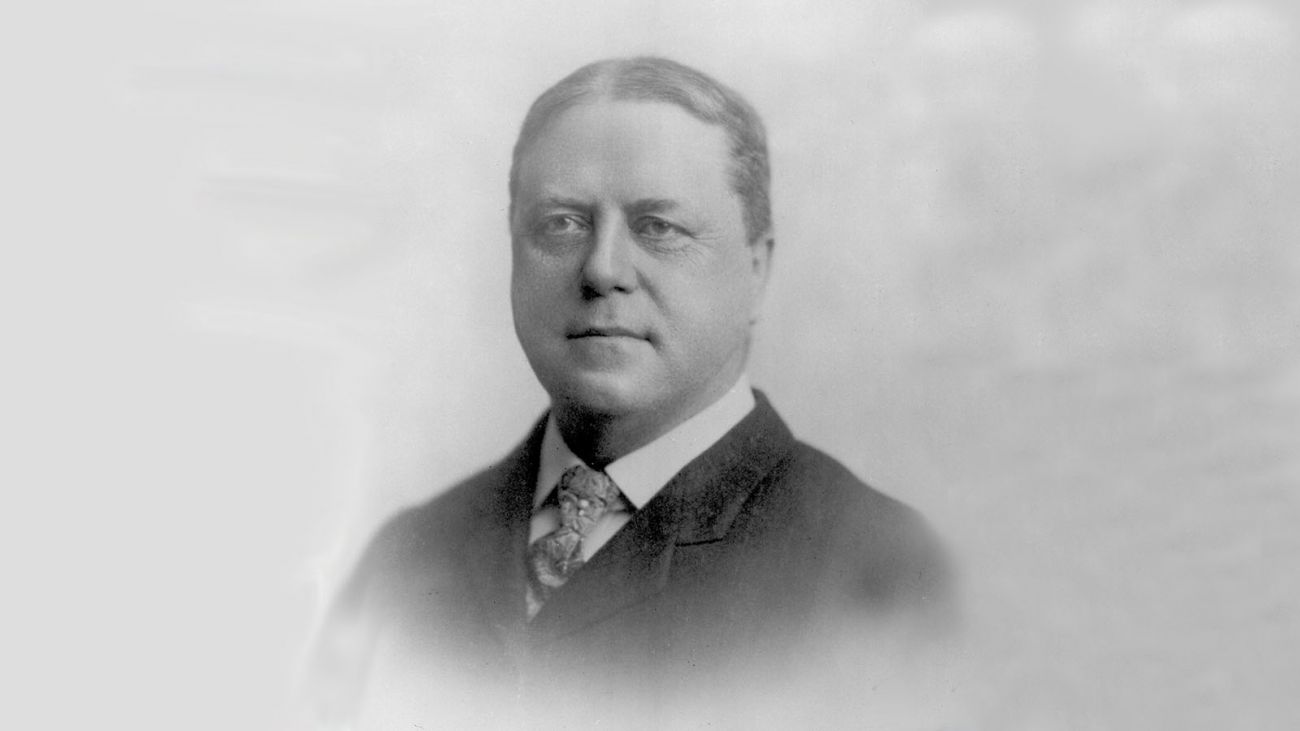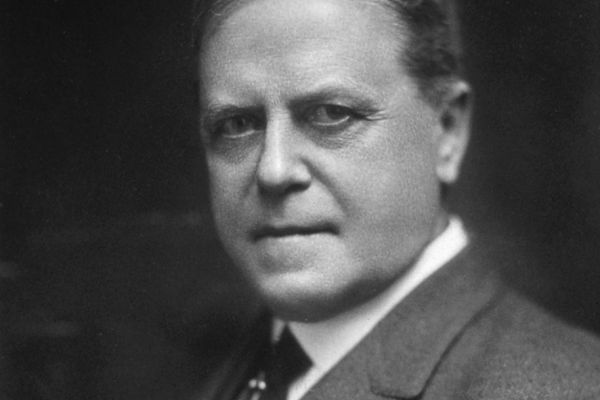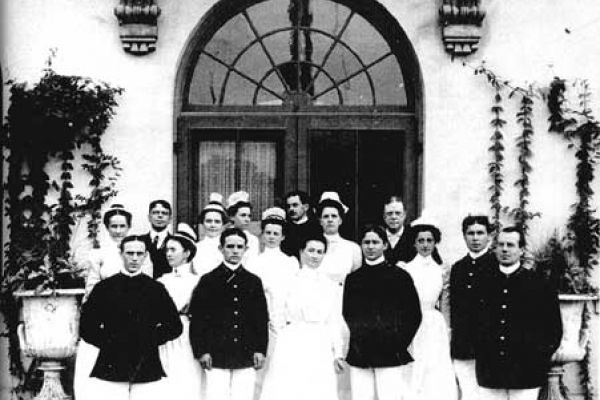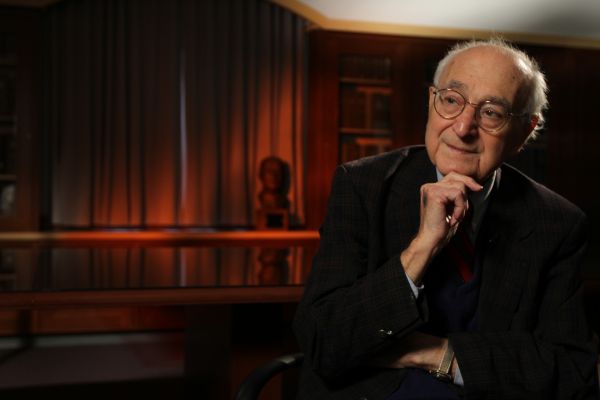More than a century after his death, the legacy of Dr. Roswell Park remains strong. Today, Nov. 13, 2017, Buffalo Business First will induct him into the inaugural class of the Western New York Business Hall of Fame, which recognizes the region’s preeminent business leaders and innovators from the 1800s to the present. Here’s a brief introduction to this remarkable man.
When Dr. Roswell Park came to Buffalo from Chicago in 1883, the field of medicine was in the midst of historic change. Surgical anesthesia had been introduced less than 40 years earlier, and physicians were just beginning to grasp the fact that bacteria caused infection. Dr. Park traveled to Europe to study at world-renowned research facilities, where he learned about the latest advances in surgery, pathology and microbiology. He realized that he and his colleagues stood on the threshold of a new era, and he was eager to drive it forward.
As Chairman of the Medical Department of the University of Buffalo and Chief Surgeon at Buffalo General Hospital, he became an outspoken champion of antiseptic surgery — operating in a sterile environment. He pushed the boundaries of surgery, becoming the first American surgeon to successfully treat spina bifida (a serious birth defect) and the third ever to remove a larynx to treat laryngeal cancer.
Far in advance of many of his peers, Dr. Park also recognized that the incidence of cancer was rising. Having seen how modern science had conquered some of the 19th century’s most feared diseases, he intended to apply it to the study of cancer. With support from Edward H. Butler, publisher of the newspaper then known as The Buffalo Evening News, he successfully lobbied the New York State Legislature and Governor Frank S. Black for $10,000 to establish the laboratory that later became today’s Roswell Park Comprehensive Cancer Center. It was the first research institution in the world to focus exclusively on cancer.
Of his many extraordinary accomplishments, this is the one for which he is remembered most. Following Dr. Park’s death in 1914, W. W. Kean, Professor of Surgery at Jefferson Medical College in New Jersey, remarked, “There is no work more needed in the world than to discover the cause of cancer. Dr. Park has done more work and better work than any other person in America in this direction.”
Dr. Park also passed on his knowledge and expertise to new generations of medical students. “His students were in awe of him, many calling him the best teacher they experienced in their training,” says Cynthia Schwartz, former Director of the Alliance Foundation Ambassador Program at Roswell Park Comprehensive Cancer Center. “He understood the need for a more formalized and scientifically driven training program for medical students, introducing the framework of training in a variety of core disciplines that is the core of medical training today.
We Set the Model
50 years as an NCI-designated comprehensive cancer center and more than a century leading the way. Learn more about Roswell Park's place in history as we became a model for other cancer centers around the world.
“While Dr. Park will forever be known as the father of the comprehensive cancer center model, he was also a fully involved member of the community,” Schwartz adds. “A true Renaissance man, he was an accomplished poet and musician, an athlete of noted skill, dean of the Saturn Club, and a member of most of the notable civic organizations in the community. He understood that creativity and innovation grew when applied in both his professional and personal pursuits.”
A permanent exhibit in the Buffalo History Museum will commemorate Dr. Park and his fellow honorees.



